Introducing The Duke of Edinburgh's International Award
The Duke of Edinburgh’s International Award (the Award) is a Non-Formal Education and Learning framework supporting young people to find their purpose, place and passion in the world.
In more than 120 countries, the Award, having a globally recognised accreditation, is available to all 14 to 24-year-olds, inclusive of all backgrounds, locations, cultures and abilities.
The Award in Mauritius started in 1966 by two volunteers from England, Mary Gold Humpries and Trevor Smith. In 1978, a Gold Award Holders’ Association was founded and Regional Award Committees were set up to extend the programmes’s reach in all districts including the Rodrigues. The Award is known locally as The Duke of Edinburgh’s International Award – Mauritius.
Across the globe, the Award is delivered through Operating Partners, IACs and registered Award Centres that are sub licensed by NAOs. In Mauritius, the license holder to operate the Award is the Ministry of Youth Empowerment, Sports and Recreation. The Award Office manages the operation of The Award in the Republic of Mauritius. The Patron of The Award is HE The President of the Republic of Mauritius.
Throughout the Award, every youngster becomes part of something special while developing their individual interests, universal skills and life ambitions.
Founded in 1956, the Award highlights the value of Non-Formal Education and Learning. Today there are consistently over a million young people taking on the Award’s challenge to believe in the power of their potential, make a difference in their community and take control of their future.
Learn more about the Award History here:
The Award Framework
The Award comprises three levels and four sections, providing a well-rounded structure focused on personal development and challenges. Additionally, achieving the Gold level necessitates completing a Gold Residential Project.
Levels
Sections
Bronze
Silver
Gold
Skills
Physical Recreation
Voluntary Service
Adventurous Journey
Gold Residential Project
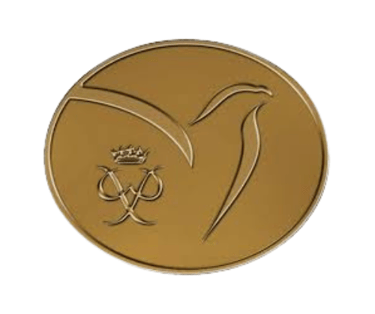

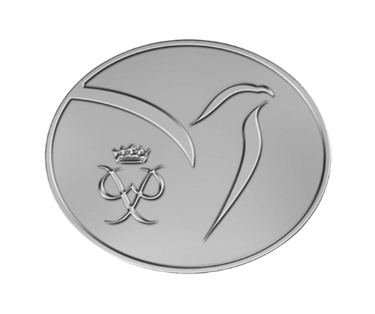

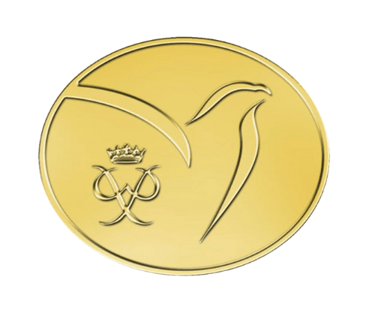



Setting 'SMART' Goals
Establishing realistic and achievable goals is vital for participants to engage in purposeful and challenging activities. Vague goals fail to motivate participants to commit to or complete a section. Thus, the Award Leader plays a crucial role in assisting participants in setting appropriate goals. This process should involve consultation with the relevant subject matter expert, typically the Activity Coach or Assessor, for the chosen activity

🟠 Additional Requirements
When creating your SMART goal, you must also:
Include an explanation of who your assessor is and why they are suitable to assess your activity.
Mention their relevant experience, qualifications, or expertise.
Ensure your assessor’s full name, email address, and phone number are correctly entered in the Assessor Details section on ORB — not inside the goal description.
Discuss your proposed activity and goal with your Award Leader before adding it for approval on ORB.
🟣 Example SMART Goal (Skills Section)
Activity: Cooking Skills
“Over the next 12 weeks, I will practice preparing five new main-course dishes, focusing on improving my timing, presentation, and cooking techniques. I will dedicate two hours per week to practice and keep a record of my progress. My assessor, Jane Doe, a professional chef with 10 years of experience running her own catering business, will evaluate my progress and provide feedback on technique and presentation to help me improve my cooking skills.”
✅ This example:
Meets all SMART criteria
Clearly explains why the assessor is suitable
Keeps contact details separate (to be filled in the ORB assessor section)
🟢 Extra Tips for Participants
Be clear about what you want to achieve and how you’ll measure it.
List the tools or resources you’ll use.
Think about possible challenges and how you’ll overcome them.
Make your goal enjoyable — this is your personal adventure!
Award History
The Duke of Edinburgh’s International Award, introduced in the UK in 1956, aimed to engage boys aged 15-18 in self-development activities to aid their transition to adulthood. Created by HRH The Late Prince Philip (The then Duke of Edinburgh), Kurt Hahn, and Lord Hunt, it addressed gaps in youth development. The program soon lowered the age limit to 14, added a girls’ program in 1958, and unified both programs in 1969. The upper age limit was eventually set at 25 in 1980.
Its flexibility allowed for easy global adaptation, and it now operates in 130 countries under various titles, such as The Duke of Edinburgh's International Award, The International Award for Young People and The President’s Award. Despite evolving activities and delivery methods, the program's core principles remain unchanged, continuing to be a significant international initiative for youth development.
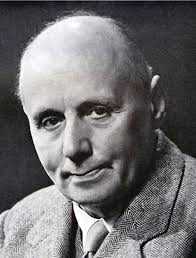

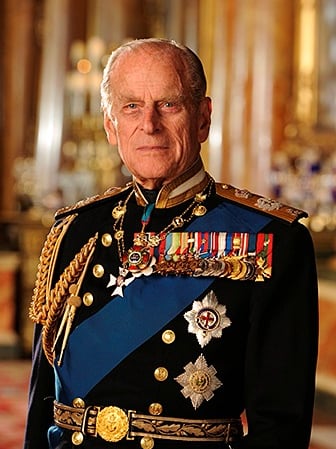

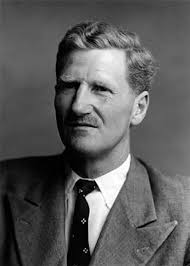

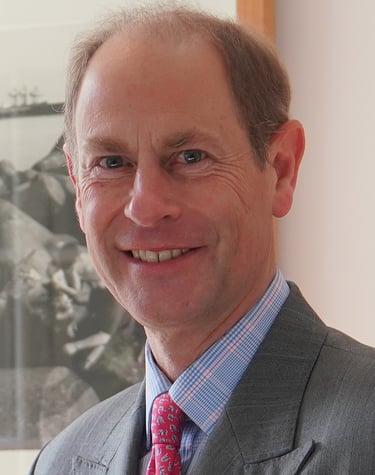

The current Duke of Edinburgh is HRH Prince Edward, the youngest son of HM The Late Queen Elizabeth II and HRH The Late Prince Philip. He was granted the title on his 59th birthday in 2023 by his eldest brother, HM King Charles III.
Kurt Hahn
HRH Prince Philip
Lord Hunt
HRH Prince Edward KG, Duke of Edinburgh
Connect
intaward@disyouth.org
Follow
Stay Connected with Us
+230 5701 6521

Copyright © 2025-2026 - Discovering Youth Association


